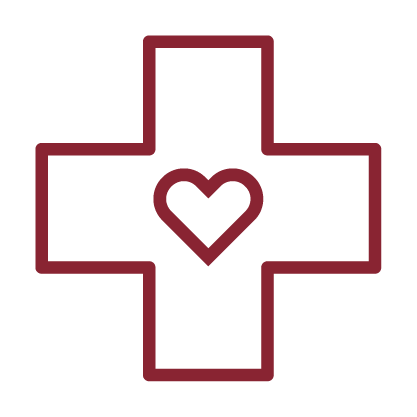
Our Services
Emergency Care

At Neighbors Emergency Centers, we treat everything from minor to major injuries and conditions.
Stand-alone emergency care centers can diagnose and treat any type of illness or injury regardless of their severity with the added bonus of little to no wait times. Emergency care clinics they are equipped with emergency care physicians and nurses with expertise in a wide range of medical disciplines, and have advanced diagnostic equipment including x-rays, ultrasounds, CT Scans, and full-service laboratories at their disposal.
Neighbors Emergency Centers specializes in the diagnosing and treatment of emergency medical conditions.
- Abdominal Pains
- Acute Headaches
- Bites, stings and allergic reactions
- Burns
- Cuts, scrapes and minor lacerations
- Eye irritation and injury
- Flu Symptoms and Complications
- Sprains and Strains
- Broken Bones
- Head, Back and Neck Injuries
- Chest Pain
- COVID-19
- Respiratory Conditions
- Stroke and Cardiovascular Conditions
